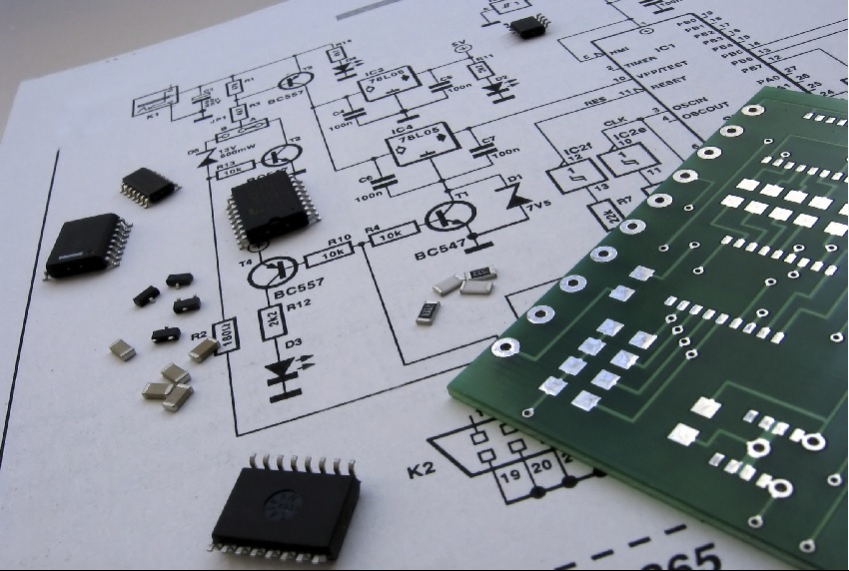In the digital age, the way we communicate has undergone a seismic shift. Traditional methods of communication have been largely replaced by electronic communication, a change that has brought about significant benefits. This article will delve into the reasons why electronic communication is better, exploring its advantages from various perspectives including efficiency, accessibility, cost-effectiveness, and environmental impact.
Efficiency and Speed
One of the most significant advantages of electronic communication is its speed and efficiency. Emails, instant messages, and video calls can be sent or initiated in a matter of seconds, enabling real-time communication regardless of geographical distance. This immediacy not only accelerates the pace of business operations but also enhances personal communication, allowing people to stay connected with family and friends across the globe.
Accessibility and Flexibility
Electronic communication transcends physical boundaries, making it accessible to anyone with an internet connection. This universal accessibility facilitates global collaboration, remote work, and distance learning, breaking down geographical barriers and democratizing access to information and opportunities. Moreover, electronic communication offers flexibility, as it can be accessed on various devices (computers, smartphones, tablets) and platforms (email, social media, video conferencing apps), catering to different user preferences and needs.
Cost-Effectiveness
Compared to traditional communication methods such as postal mail and long-distance phone calls, electronic communication is significantly more cost-effective. It eliminates the need for physical materials (paper, ink, envelopes) and postage fees, and reduces long-distance call charges to virtually zero. For businesses, this translates into substantial savings, especially for those with international operations or remote teams.
Environmental Impact
Electronic communication is also more environmentally friendly than its traditional counterparts. By reducing the need for paper and physical transportation, it helps conserve natural resources and reduce carbon emissions. This aligns with the global trend towards sustainability and the growing corporate emphasis on environmental responsibility.
Security and Record Keeping
In the era of data breaches and cyber threats, electronic communication offers advanced security features such as encryption and two-factor authentication, protecting sensitive information from unauthorized access. Additionally, it facilitates record keeping, as electronic messages can be easily stored, searched, and retrieved, aiding in information management and legal compliance.
In conclusion, electronic communication is superior due to its speed, efficiency, accessibility, cost-effectiveness, environmental friendliness, and security features. As technology continues to evolve, we can expect further enhancements in electronic communication, making it an even more integral part of our personal and professional lives.

